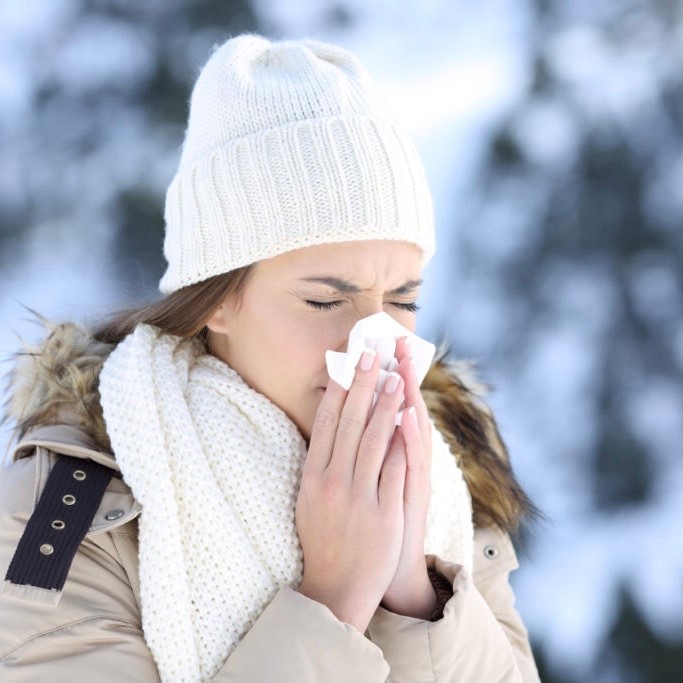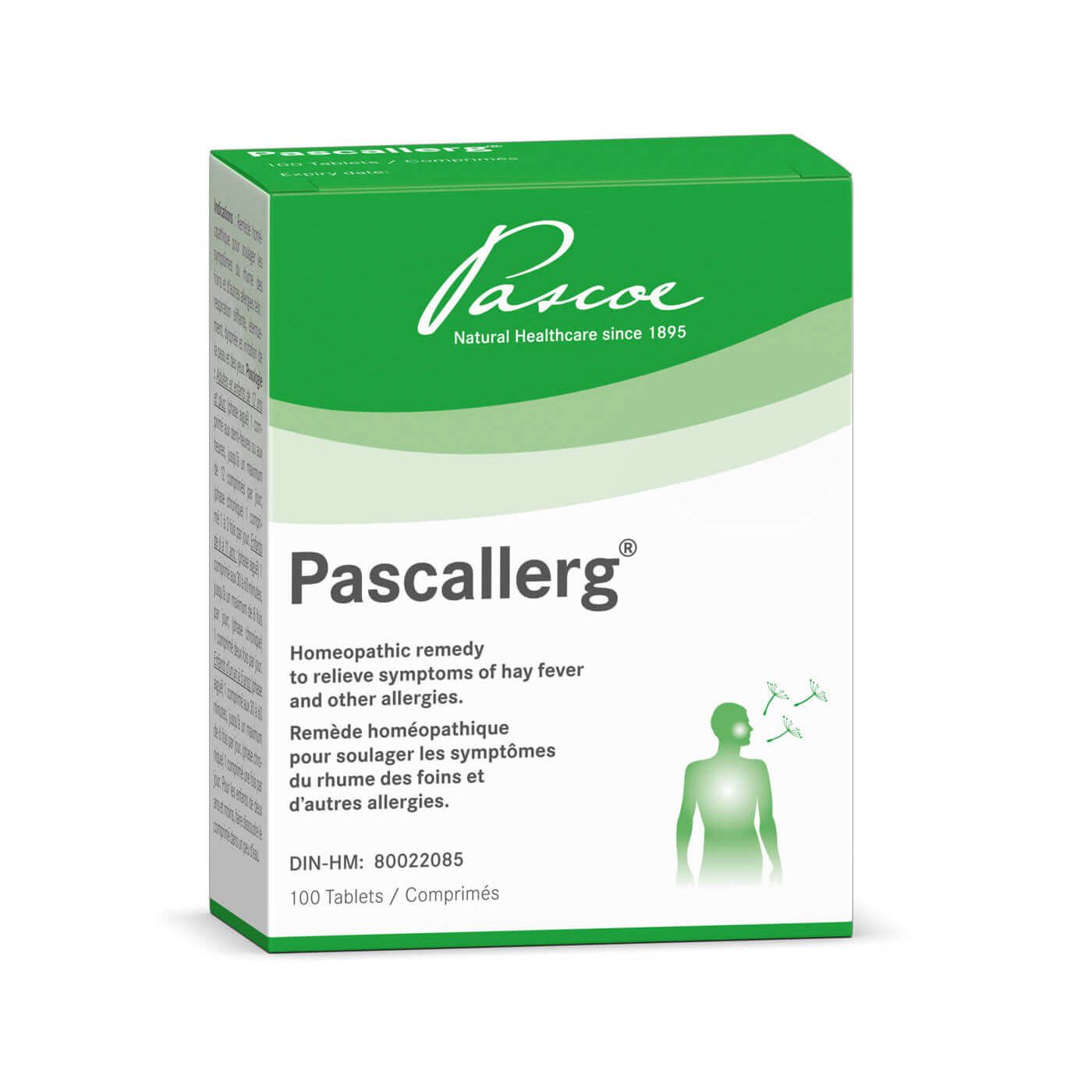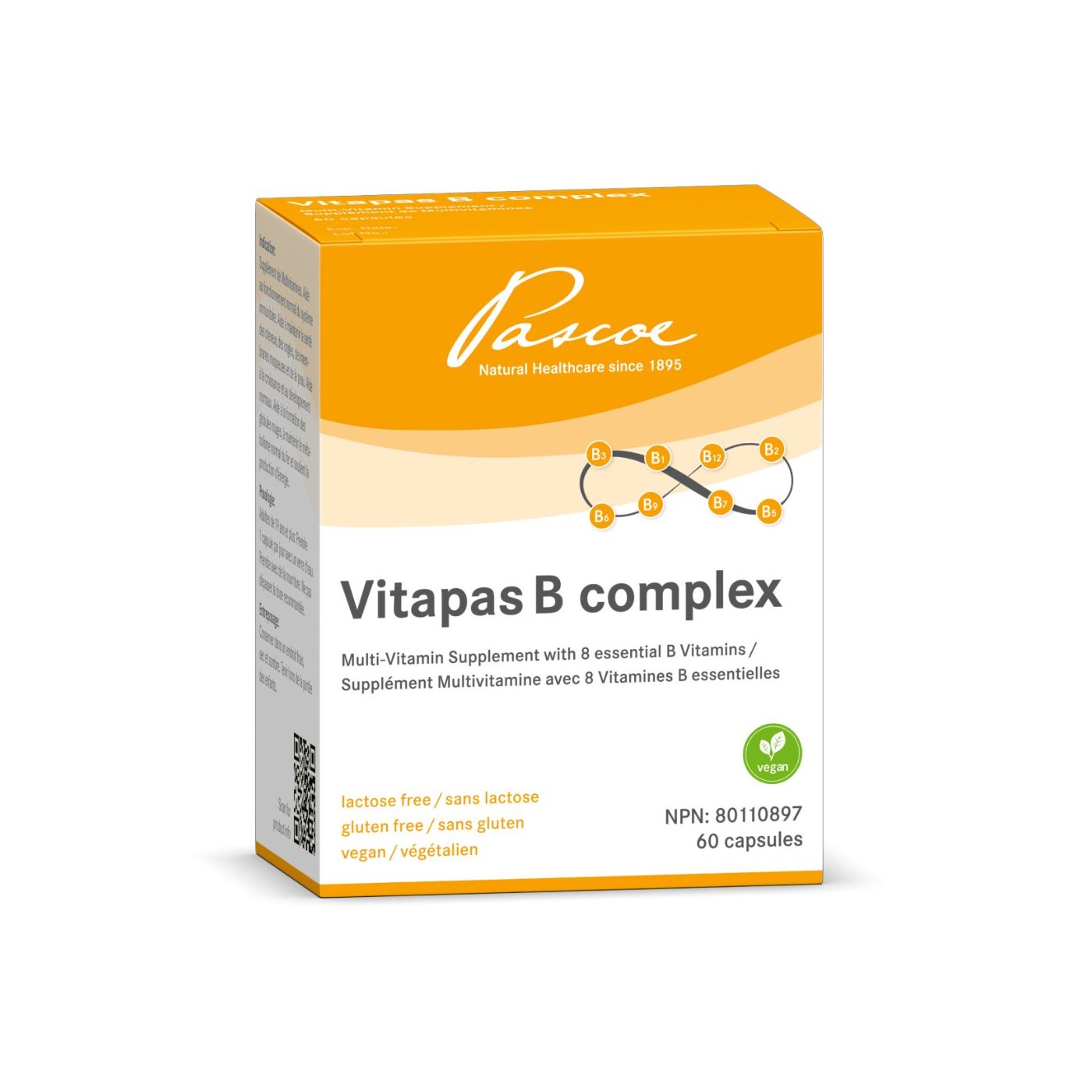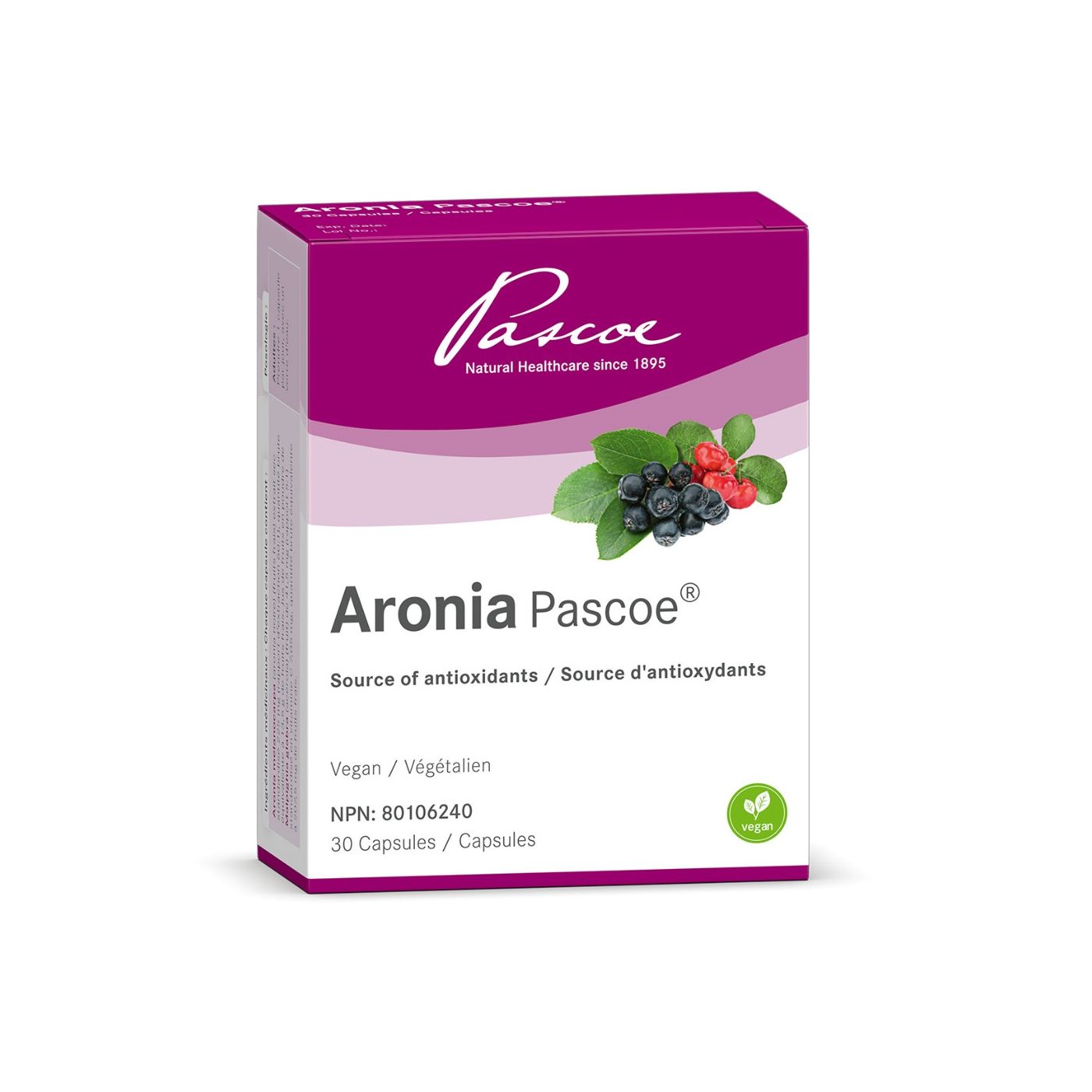Get ahead of seasonal allergies with natural allergy relief
Seasonal allergies affect many of us each and every year. From sneezing, itchy eyes, itchy skin and watery eyes. Hay fever creeps up on us when the weather changes and our immune response begins.
Preparing the body well ahead of allergy season with natural remedies for seasonal allergies can help you manage your body’s immune response to allergens.
Seasonal allergy symptoms are a result of our body’s response to allergens including pollen and dust. These substances in our environment then come into contact with our bodies. Your immune system sees these harmless substances as a threat and reacts accordingly causing these unwanted symptoms.
Our immune system releases a chemical called histamine when exposed to allergens including grasses, pollens, weeds and sometimes mould spores. Histamine is the reason for hay fever or also known as allergic rhinitis.
Acute allergy symptoms include:
- Sneezing
- Watery eyes
- Sinus and nasal congestion
- Runny nose
- Itchy eyes, nose or skin


Most of the time individuals manage symptoms with the use of antihistamines. Other over the counter allergy medications include nasal sprays, steroids and eye drops. Another option is to use natural remedies both for acute and chronic allergy symptoms.
Natural remedies for seasonal allergies
In addition to traditional allergy medicines, natural remedies are effective in managing symptoms without unwanted side effects. Natural remedies are effective in both adults and children.
Natural remedies range from saline nasal irrigation, natural antihistamines, vitamins, probiotics, honey and homoeopathic allergy products.
Many of these products are useful in helping a wide range of allergy symptoms. This includes nasal congestion, itchy eyes, sneezing and skin rashes. Natural remedies are a great alternative to allergy medicines for kids.
Your body is a complex network of systems that react both to internal and external changes. Pollen and dust do not pose a direct threat to your internal environment, but some immune systems see otherwise.
The body’s release of histamine triggers inflammation. The inflammation is responsible for the symptoms you experience. Promoting a strong immune system is an important part of preparing for allergy season.
Vitamins, antioxidants, diet, and lifestyle choices can all help promote a healthy immune system.
Helpful tips for allergy season
-
Improve ventilation
Install air filters and improve air circulation in order to minimise allergens in your household, workplace or child’s school or daycare.
-
Avoid allergy triggers
If grass and pollen tend to trigger an allergic immune response, try to avoid unnecessary activities outdoors when pollen counts are high. Delegate outdoor chores such as gardening or lawn mowing to other family members without allergic rhinitis.
-
Keep an eye on pollen counts
Follow reliable weather sources in your area so you can plan ahead, take extra precautions and use allergy remedies and supplements.
-
Rinse your sinuses
Nasal irrigation is a quick and easy way to remove unwanted substances from your sinuses. This can help reduce your body’s response to unwanted allergens. Look for a neti pot or squeeze bottle or try sinus remedies to further help symptoms.
-
Talk to your doctor
If you feel like you might be experiencing life threatening allergies, speak with your doctor or seek emergency care.
Although many allergy remedies are used for hay fever or other seasonal allergies they may be used for pet allergy symptoms, chronic cough allergy symptoms, acute allergy symptoms and food allergies.
Vitamins and supplements for allergies:
In order to manage allergy symptoms, supporting a strong immune system is the key. Supporting your immune system can help to reduce unnecessary inflammation, reactions and the severity of symptoms.
When preparing for allergy season, we must prepare our immune system! Many supplements, vitamins, diet and lifestyle choices can help promote a healthy immune response.
Some of the best vitamins and minerals to support your immune system include Vitamin C, Vitamin Bs, zinc, probiotics/prebiotics and antioxidants.
Antioxidants: Antioxidants such as aronia berry help promote a healthy immune system. Antioxidants protect the body against free radicals and help to reduce inflammation. Use antioxidant supplements daily, or help prepare the body ahead of time for allergy season.
Zinc: Zinc is an essential mineral the body needs. Zinc is important for wound healing and your sense of taste and smell.
Vitamin B complex: Vitamin B complexes help to support a healthy immune system. Vitamin B complexes help support healthy cells and the metabolism of red blood cells.
Vitamin C: Vitamin C is an important nutrient for our bodies. It is a powerful antioxidant and helps support cellular function necessary for immunity.
Prebiotics: the majority of your immune cells are created in your gut. Supporting a healthy gut flora with prebiotics and probiotics can help promote a healthy immune response.
In addition to supporting the body with supplements, lifestyle choices and diet play an important role in supporting a strong immune system.
-
Stay active - move your body everyday! During the allergy season, keep an eye on pollen counts and move your exercise inside on certain days.
-
Eat healthy - include fruits, vegetables and healthy fats that help fuel your body and provide essential nutrients.
-
Make sleep a priority - reducing stress and getting enough sleep helps our body maintain healthy systems and allows time for us to regenerate and heal.
-
Practice safe hygiene and follow public health measures - reduce transmission of diseases that weaken your immune system by washing hands frequently.
-
Reduce caffeine, alcohol and smoking - these substances increase inflammation in the body and can weaken your immune system
-
Maintain a healthy weight.
In general, supporting our body naturally is the best way to help manage allergy symptoms. Using a combination of healthy habits, supplements and natural allergy remedies are your best defence for this upcoming allergy season!
Disclaimer
Pascoe Canada does not offer health or medical advice as we are not a healthcare practitioner. Please speak with your healthcare practitioner before beginning any program related to nutrition, diet, exercise, fitness, medical, and/or wellness. All content published by Pascoe Canada is developed through collaborating with licensed medical professionals and contributors. This includes text, graphics, images, and other material on the website, newsletter, and products (“Content”). This content is for informational purposes only and does not constitute medical advice. The content does not substitute professional medical advice, diagnosis, or treatment. Please always do your own research on whether this is for you along with your healthcare practitioner advice. Always consult your healthcare practitioner prior to using specific herbs because you might have underlying conditions that need professional care. The content is general in nature and is subject to change. It is not intended to cover all possible uses, directions, precautions, warnings, drug interactions, allergic reactions, or adverse effects.






